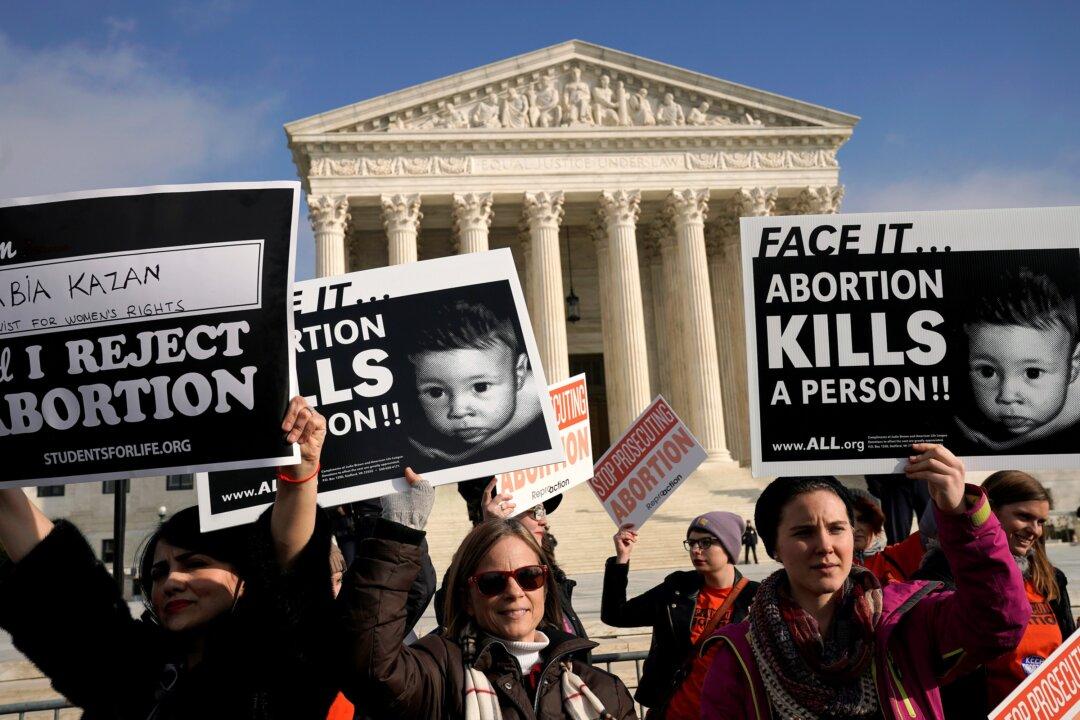The Trump administration announced on June 5 that it will discontinue federally-funded research that uses human fetal tissue from elective abortion conducted by government scientists, a move that demonstrates the president’s commitment to protecting life before birth.
“Promoting the dignity of human life from conception to natural death is one of the very top priorities of President Trump’s administration,” the Department of Health and Human Services (HHS) said in a statement.




